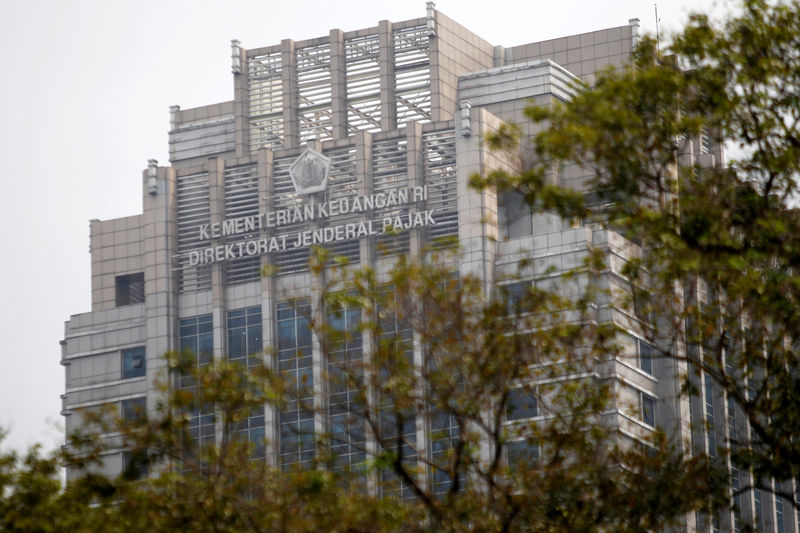By Masayuki Kitano
SINGAPORE (Reuters) - Indonesia's tax amnesty program, which the government is counting on to bring home billions of dollars citizens have parked overseas, could be a win-win situation for Indonesian bonds, analysts say.
Many believe the amnesty will fall well short of the government's ambitious goals for fund repatriation and tax revenue.
But even that scenario could be positive for Indonesian bonds - which are among the highest-yielding in Asia - as the government would have to trim spending, putting more onus on monetary policy to support growth.
The government could also issue more bonds, or both spend less and increase its borrowing to make up any shortfall.
President Joko Widodo got Parliament to approve the amnesty, which his government needed because tax revenue in Southeast Asia's largest economy this year is way below target. That has crimped the state's ability to spend to jack up slowing growth.
Under a revised 2016 budget that assumes the amnesty will generate $12 billion of revenue, the government expects a deficit of 2.35 percent of gross domestic product.
"If the target is not met, they will need to cut back on the infrastructure spending and the economy will need a boost from somewhere else," former Indonesian finance minister Muhamad Chatib Basri said last week in Singapore.
To Trinh Nguyen, senior economist for emerging Asia at Natixis, the somewhere else is Bank Indonesia.
"Revenue from amnesty will likely be smaller than expected and thus the baton gets passed to the central bank," she said. "We expect BI to step in to support growth by cutting rates."
BI, which has cut its benchmark interest rate by 25 basis points four times this year, is expected to make another such trim on Thursday, according to a Reuters poll. In August, it will make the 7-day reverse-repurchase rate
The amnesty should help the rupiah
SLIDING YIELDS
Aberdeen Asset Management sees Indonesia's 10-year government bond yield, which has fallen nearly 187 basis points this year to 7.006 percent (ID10YT=RR), dropping over the next six months to 6.75 percent.
Desmond Fu, Asia fixed-income portfolio manager for Western Asset Management, said Indonesian bonds "continue to look attractive at current levels," adding that 10-year bond yields are likely to decline in coming months, albeit at a more moderate pace than before, given already high foreign ownership.
Last week, HSBC lowered its target for the 10-year government bond yield to 6.5 percent from 7.0 percent, saying amnesty inflows could improve onshore liquidity and be positive for bonds.
Attracted by the high yields, foreign investors have increased holdings of Indonesian government bonds by around $7.4 billion this year, amid waning prospects of a near-term U.S. interest rate hike and negative interest rates in the euro zone and Japan.
The tax amnesty is important not just for the revenue it may generate, analysts say.
"It's more about another signal that Jokowi is getting policy momentum, and in the right direction," said Andre de Silva, head of global EM rates research for HSBC, referring to the president. "This is not the end of policy reforms."
Commonly-cited risks for Indonesian bonds include faster-than-expected U.S. monetary tightening and dollar strength, which could trigger a fall in the rupiah as well as any external shock that drives investors away from emerging markets.
